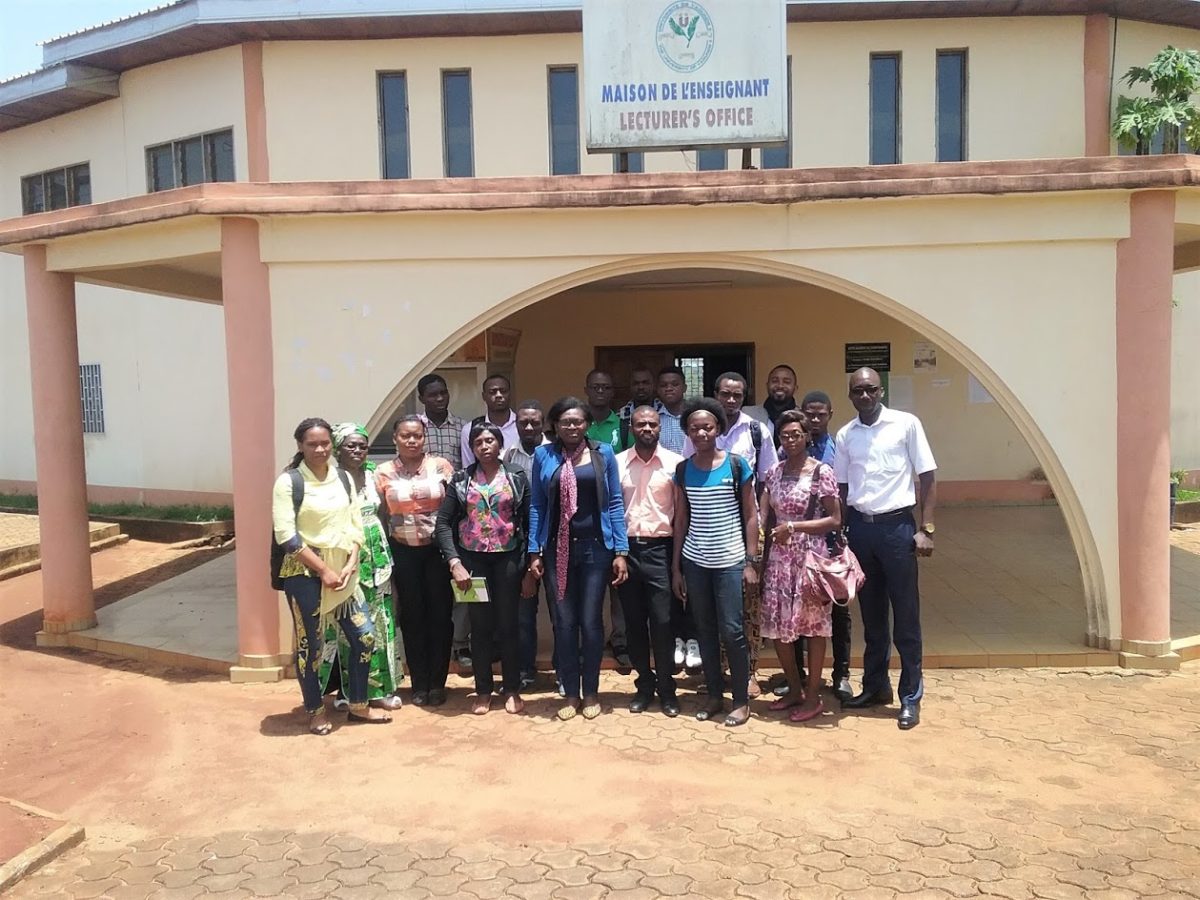Global Ripple Effects in Research Transparency

BITSS Catalysts lead a movement to improve transparency and reproducibility at Global South research institutions.
Catalysts are graduate students, academic faculty, and researchers committed to changing scientific norms by educating their peers and the next generation of researchers in low- and middle-income countries and beyond. The Catalyst Program, supported by CEGA’s initiative on open science, the Berkeley Initiative for Transparency in the Social Sciences (BITSS), connects and empowers individuals to achieve far-reaching change.
Since 2015, Catalysts have trained over 1,500 researchers through courses, workshops, and collaborative partnerships, bolstered by $180k in seed funding from BITSS. Catalysts also share teaching materials and feedback on training and organizing activities, and support outreach through a community of practice facilitated by BITSS. The following are notable BITSS-supported Catalyst projects that have generated significant impacts in the Global South:
Zacharie Tsala Dimbuene, a demographer and statistician from the Democratic Republic of the Congo, delivered four trainings, translated several core open science curricular resources into French, organized two open science conferences with University of Kinshasa department heads, and launched an open science prize at the University of Kinshasa after being awarded a Leamer-Rosenthal Prize for Open Social Science in 2016. He has directly trained over 140 researchers, and influenced the practices of many more through his work to shift institutional norms.
Soazic Elise Wang Sonne, a World Bank Fellow, has trained over 450 researchers on open science tools and practices through workshops at the University of Yaoundé, the London School of Economics, UC Berkeley’s Organizing to Advance Solutions in the Sahel Initiative in Niger, and the 2019 EASST Summit, among other venues. She has also organized or participated in several conferences and symposia on transparency and reproducibility, including the 2018 Open Con panel on “Open Science in Sub-Saharan Africa,” a World Bank panel for International Open Access Week, a panel on “Promoting Transparency in Undergraduate Empirical Research” at the 2018 C-TREE, and a talk at the Women in Statistics and Data Science Conference. These efforts have garnered her recognition as a leader in the open science movement in Francophone Africa.
Mercyline Kamande, a Senior Lecturer at Mount Kenya University in Rwanda and Director of Impact Evaluation Research for Development (IERD), trained over 90 researchers at her institution through a series of workshops on the importance of credible evidence for monitoring and evaluation. She also developed a mentorship program for IERD researchers to support best practices for transparency and reproducibility in impact evaluation, and investigated the extent of publication bias in African scientific literature.
Dalson Figuereido and Nicole Janz held a series of small conferences and workshops that trained over 120 Brazilian political science students on best practices for transparency and reproducibility, and engaged with Brazilian researchers and civil servants to better connect open science with transparency in public governance. These efforts resulted in the creation of the largest dataset on corruption convictions in Brazil, which includes data for more than 65,000 general court cases and 18,860 corruption-related lawsuits in all Brazilian states from 1992 to 2018. The collaboration and the dataset will inform the design of a field experiment during the 2020 Brazilian general election.

